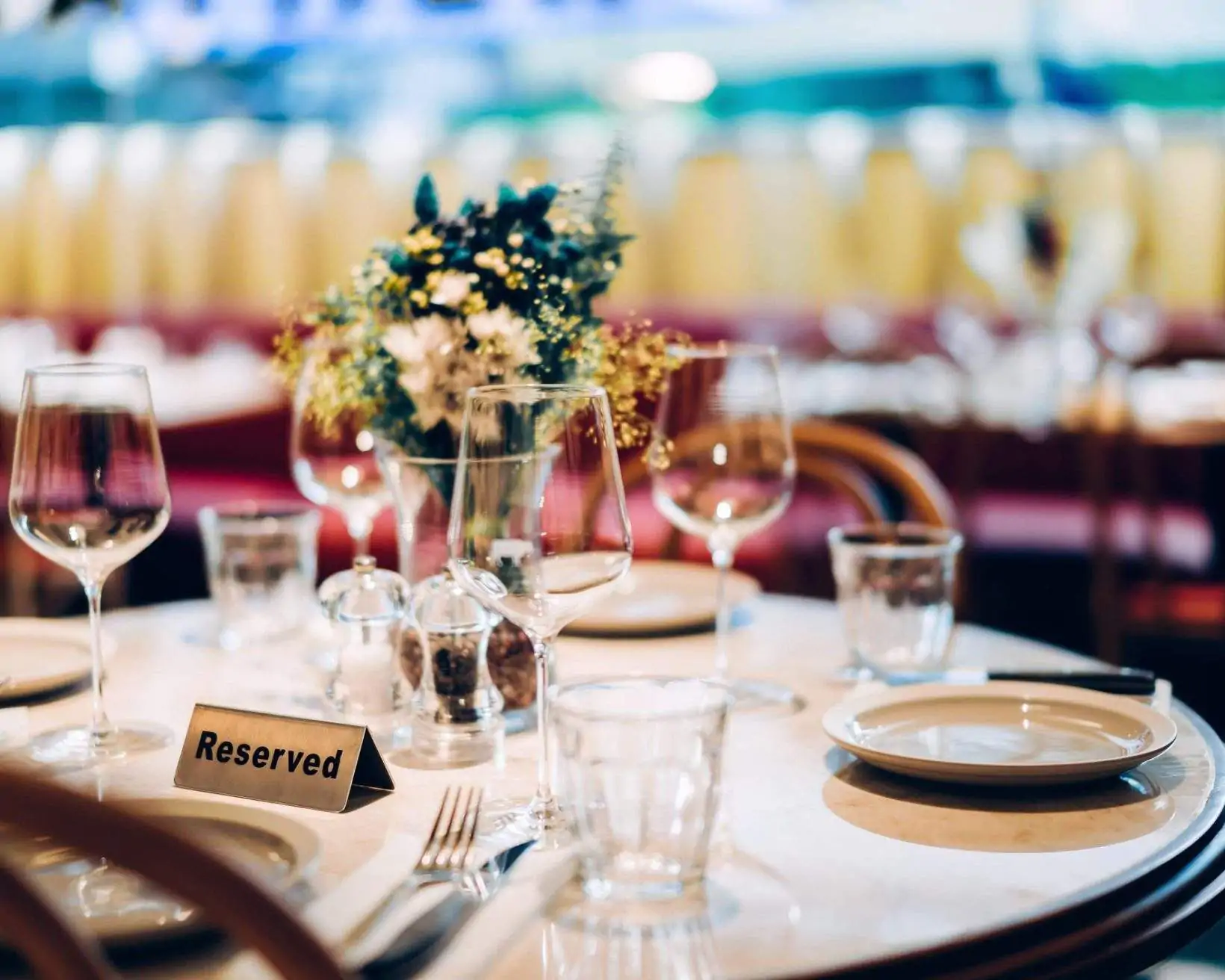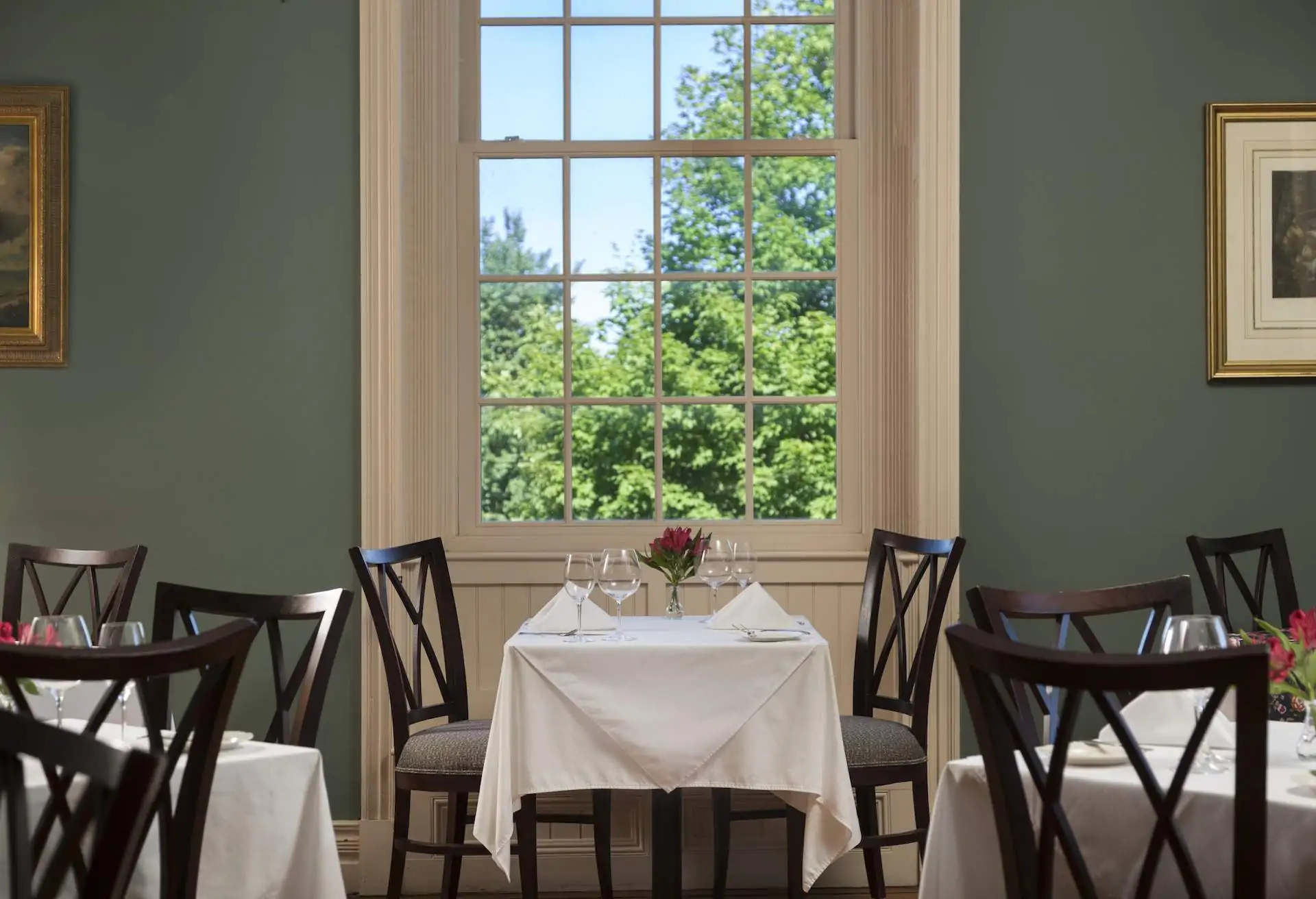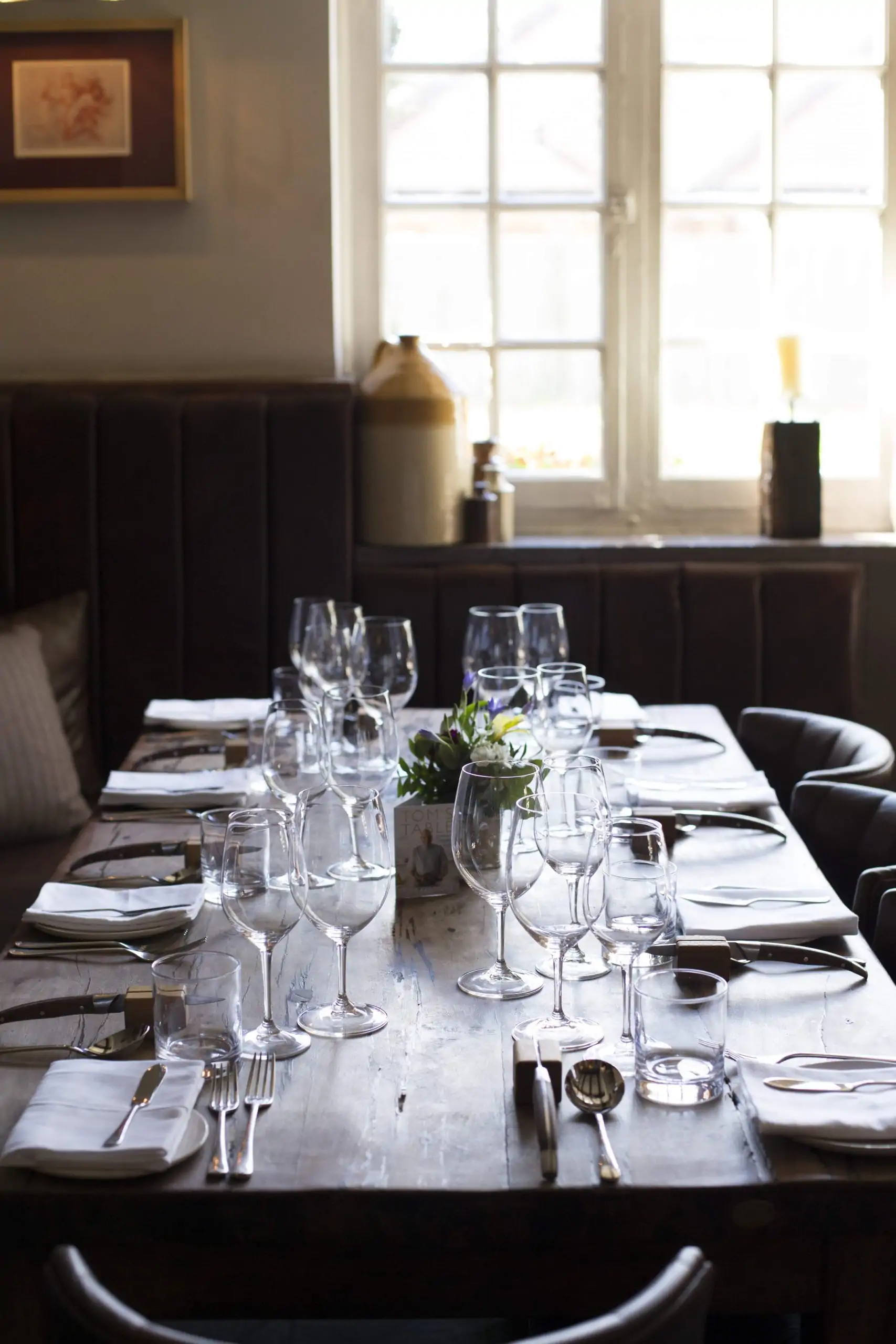While no-shows and last-minute cancellations have always been a serious problem for restaurants, the pandemic made it more urgent. One in seven restaurant bookings have failed to turn up since venues reopened.
Seeing this trend, OpenTable spent months understanding what we could do to help with the problem. We learned that requesting deposits can help you get more reliable reservations in the books. Here’s what you need to know about deposits so you can help drive down no-shows, too:
Reservations to rely on
Reducing no-show rates can be the biggest benefit for restaurants when they require a deposit to secure a reservation. It’s human nature that people don’t want to lose a deposit once they’ve committed to leaving one. When there’s a consequence for guests who don’t turn up (losing their deposit), it can curb no-shows in a big way.
There are other perks that come with more reliable reservations. Along with more predictable revenue, shifts can also become more predictable. That sets the stage for more precise staff planning, smoother operations, less food waste, and all around better hospitality.
Flexibility diners want
Deposits work best when restaurants customise them to match diners’ needs. In our Q3 Diner Survey, 82% of the guests interviewed said they are more likely to put down a deposit for large group bookings or a special occasion.
Being flexible to diners’ needs means you can also customise deposits based on the style of dining your restaurant offers. Almost three-quarters of the diners interviewed report they’d be happy to pay £1 and £50 to secure a spot at a fine dining restaurant, while 65% agree that £1 to £25 is a more suitable amount for a reservation at a casual spot.
Refunds are also customisable: they can be issued manually or automatically when a guest cancels within the allowed window. Deposits can be applied to the bill when guests dine or refunded to their credit card when they arrive at the restaurant. It’s all up to the restaurant, and you can make adjustments as you go.
Transparent for guests
Many restaurants think of deposits as just another stumbling block for guests making their reservations. And we know from our research that lack of clear messaging around what’s expected in a deposit is a pain point for guests. They don’t want to comb through the fine print of policy text to understand the details.
That’s why we built the diner experience so policies clearly spelt out in the booking process for diners. OpenTable requires guests to confirm twice, with policies front and centre, to ensure they are aware of all the details. This is extra important in light of another finding in our research: diners aren’t generally very knowledgeable about what deposits entail. During the booking process, they’ll be clearly shown how they can avoid any charges if they do need to cancel. (Remember, the policy will be determined by you.)
If the deposit can be refunded (again, this is up to you), guests will know the deadline they have to cancel before losing their deposit. Often restaurants decide guests can get a refund up to 24 to 48 hours before their reservation time.
Protection from credit card disputes
OpenTable’s deposits are designed with your protection in mind. If you’ve used credit card holds to secure reservations in the past, you may have struggled with chargeback disputes. A deposit policy can achieve the same goal but provide more protection from credit card chargeback problems.
It may take a bit of experimentation to find out exactly what works best in your restaurant. Nothing will eliminate every no-show or late cancellation, but a deposit policy is one option that can make a big difference.




